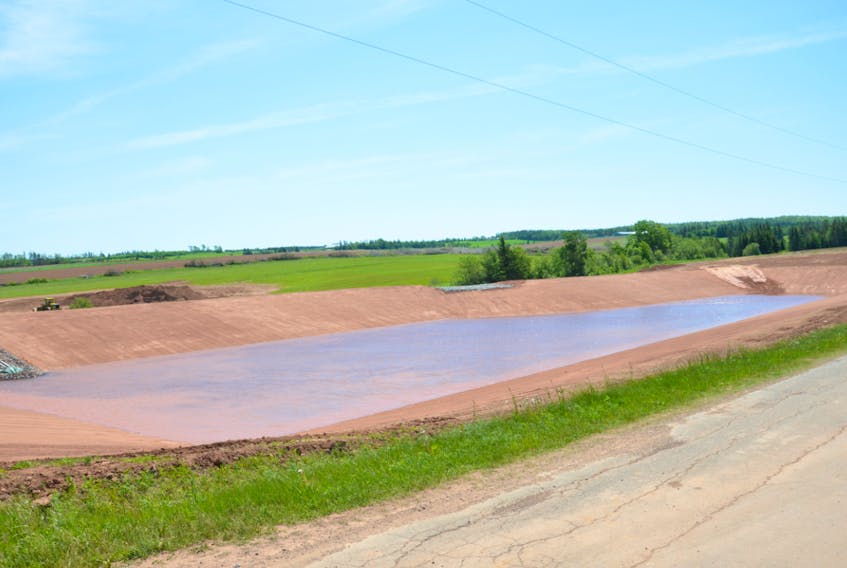CHARLOTTETOWN, P.E.I. — After more than two years, P.E.I.’s Water Act will finally come into effect on June 16.
But the new water withdrawal regulations for the Water Act, released late last Friday, have not incorporated recommendations from a legislative standing committee that has been studying its impacts.
The Standing Committee on Natural Resources and Environmental Sustainability made five recommendations in its report to the legislature last November. The committee suggested extending a current moratorium on agricultural high-capacity wells to non-agricultural wells. It also called for the grace period for a well to become compliant with the new regulations to be shortened from five to two years. Additionally, the recommendations asked for a different assessment process for compliance of high-capacity wells that draw freshwater versus saltwater.
The new draft regulations did not incorporate these recommendations.
The committee also wanted the Water Act be proclaimed immediately.
Progressive Conservative MLA Cory Deagle chaired the standing committee. He said the committee met with almost all stakeholders involved in the water issue in P.E.I.
"We would certainly hope that at least some of our recommendations would be considered," he said.
"We're happy to see that government's finally moving on it."
Legislative standing committees have been touted as a key feature of ‘collaborative’ government by Premier Dennis King.
The Water Act was passed by the legislature in 2017, but regulations were never enacted.
High-capacity wells and holding ponds have been controversial. Conservation groups have expressed concern about the impact that high-capacity wells would have on local watersheds. But farmers have also argued that better access to irrigation is needed, especially in dry conditions like those seen in last summer’s drought.
The moratorium on high-capacity agricultural wells has been in place since 2002.
Green Party MLA Lynne Lund is concerned the new Water Act regulations did not incorporate the all-party recommendations.
“They don't reflect what the committee suggested. I would like to know where they came from," Lund said.
Lund specifically pointed to plans from government to grandfather in existing wells. She says she has heard that several holding ponds have been built in recent months. These holding ponds would be considered low-capacity wells, which would be permitted under the Water Act. But combined these ponds would constitute a high-capacity well, which would not be permitted, she said.
Lund has argued before that these holding ponds represent a circumvention of the current moratorium on high-capacity wells. She pointed to the recommendation from the committee that would allow for a shorter period for existing wells to become compliant.
"Government has already been on record in saying that they were concerned about holding ponds," Lund said.
Lund said the regulations should have allowed for the two-year grace period, as the committee suggested as opposed to allowing ponds to be grandfathered in.
Steven Myers, who became minister of the environment this month, said pushing through the proclamation of the Water Act was his priority. Much of the work on the regulations was done under his predecessor, Natalie Jameson.
"That committee told me to implement the act right away, which I did," Myers said.
He took issue with the suggestion that allowing existing wells time to become compliant was inappropriate. He said the Opposition Green party has “vilified” farmers.
"If somebody spent $70,000-$100,000 to build a holding pond – that was legal, that didn't break any laws - it would be extremely heavy-handed and unfair of a government to come in and say fill it back in," Myers said.
“When we mean grandfathered, we mean they're not going to be filled in."
The new regulations would also allow a UPEI researcher to construct four high-capacity agricultural wells to assess their impacts on streams.
Lund said she is concerned this project may not provide the necessary data to determine the impacts of wells on watersheds. She said wells should be assessed on a watershed-by-watershed basis.
Stu Neatby is The Guardian's political reporter. He can be reached by email at [email protected] and followed on Twitter at @stu_neatby .









